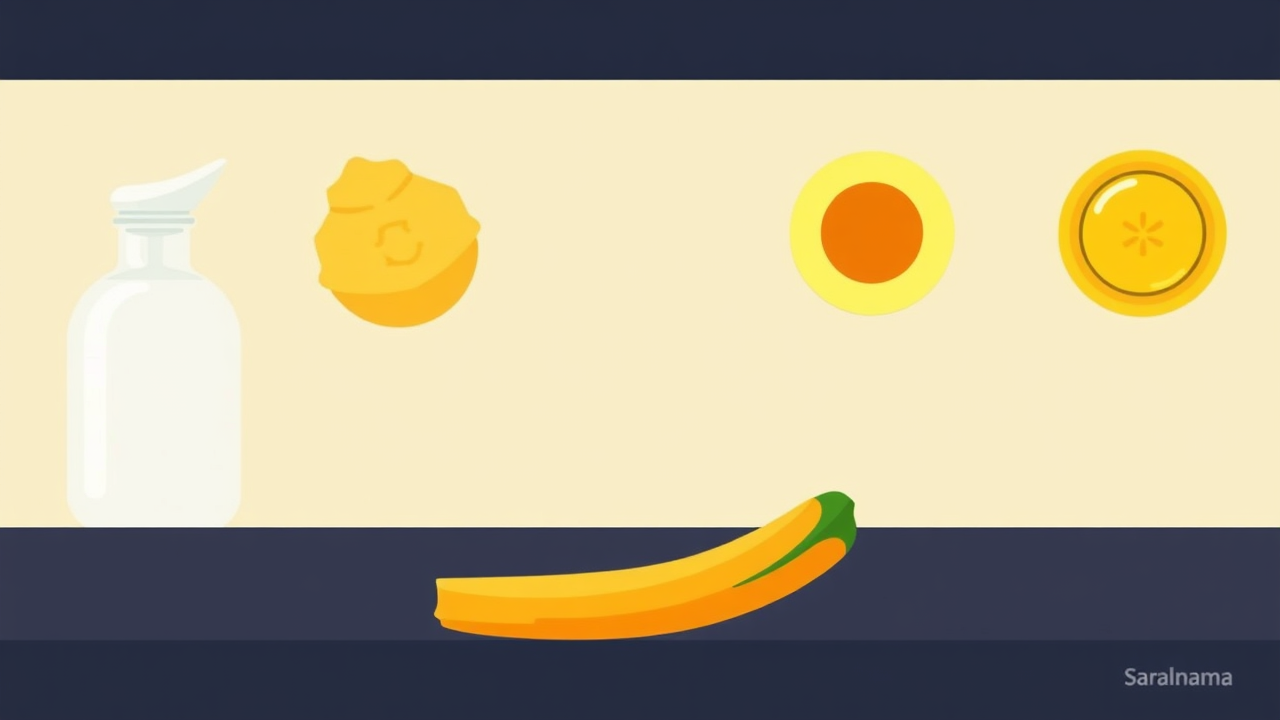Vitamin D is vital for bone health, immune function, and overall wellness. While sunlight and supplements help, certain everyday foods can interfere with the body's ability to absorb this important nutrient. Even a diet rich in vitamin D or proper supplementation may not be fully effective if these foods are consumed without awareness. Factors such as fat content, certain minerals, or specific compounds in some foods can reduce vitamin D bioavailability. Understanding these interactions is important for maintaining adequate vitamin D levels. Foods high in phytates, excessive caffeine, alcohol, processed foods with trans fats, and very high-fibre diets can all hinder absorption. However, complete avoidance is not necessary. A balanced approach with smart pairing strategies, such as consuming vitamin D with healthy fats, can enhance absorption. Moderation and nutrient-diverse meals remain key to ensuring the body gets enough of this crucial nutrient.

Five Foods That May Hinder Vitamin D Absorption
Whole grains and legumes are high in phytates, which can bind to vitamin D and minerals, making absorption difficult. Excessive caffeine from coffee or tea may reduce vitamin D receptor expression in the intestines. Alcohol, when consumed regularly, impairs liver function essential for converting vitamin D into its active form. Processed foods rich in trans fats and hydrogenated oils reduce absorption of fat-soluble vitamins, including vitamin D. Finally, very high-fibre diets, though generally healthy, can sometimes reduce absorption efficiency because vitamin D is fat-soluble and requires dietary fats for proper uptake. Understanding these foods helps in planning a better diet.
Source: Link
